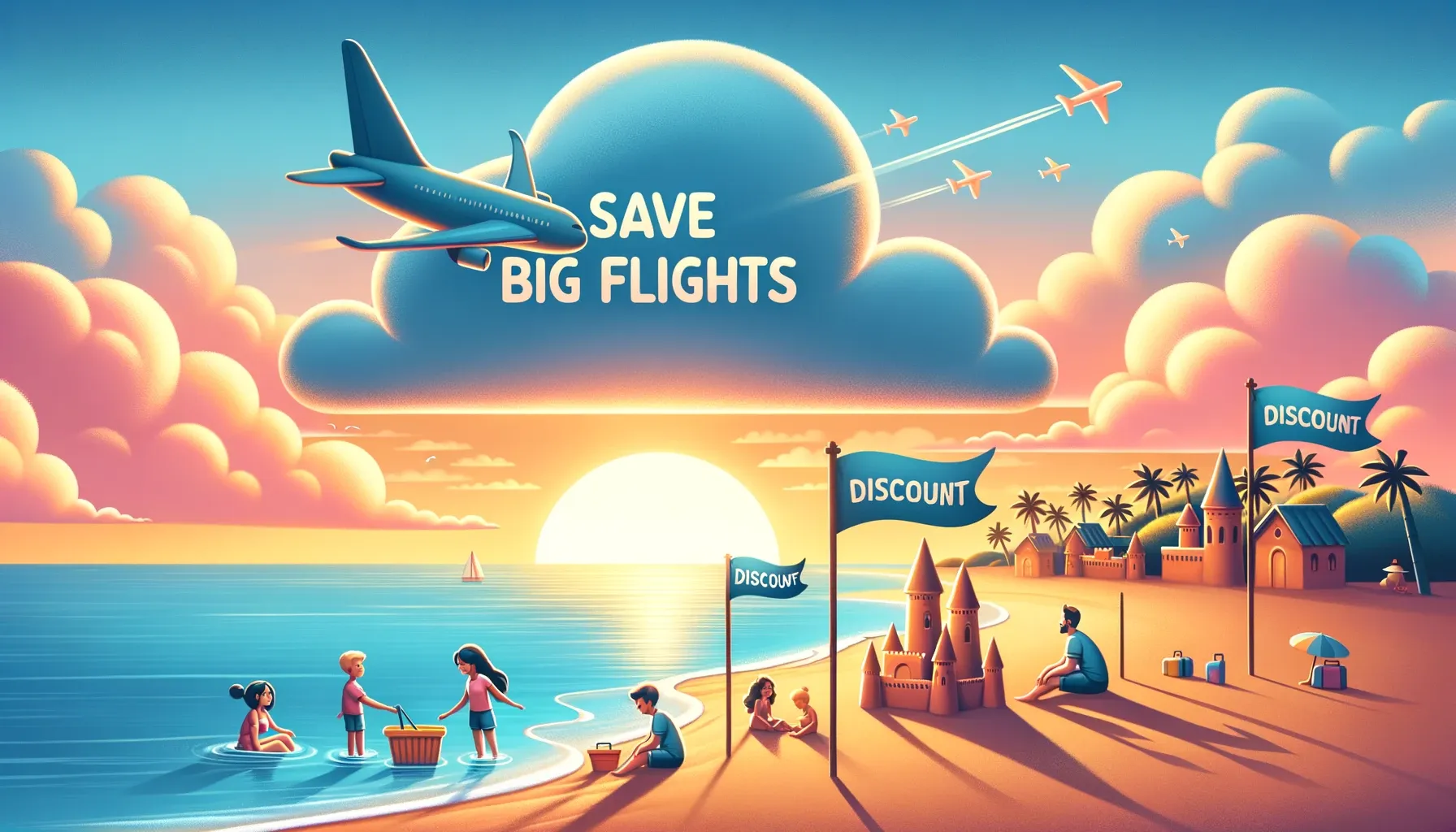Table of Contents
How Much Do Independent Travel Agents Make in 2023? Becoming an independent travel agent can be an exciting and rewarding career path for anyone with a passion for travel. As an independent agent, you have the freedom to run your own business, be your own boss, and have unlimited earning potential. But many aspiring travel agents wonder – how much money can you really make by going independent? This article breaks down how they get paid, factors impacting earnings, average incomes, and tips to maximize profit.
How Much Do Independent Travel Agents Make in 2023
| Factor | Effect on Earnings |
|---|---|
| Experience and expertise | More experienced agents earn higher fees |
| Specialized niche market | Focusing on a niche market can increase commissions |
| State of travel industry | Earnings rise when travel thrives and fall when it struggles |
| Marketing and sales skills | Strong marketing skills increase success and income |
| Client relationships | Repeat/referral business boosts earnings |
| Time and effort | More time invested grows the business and income |
Commissions:
| Type of product or service | Commission rate |
|---|---|
| Flights | 5-10% |
| Hotels | 10-15% |
| Rental cars | 10-15% |
| Cruises | 10-15% |
| Tours and activities | 10-15% |
Fees:
- Consultation fee: $50-$200
- Planning fee: $100-$500
Other sources of income:
- Affiliate marketing: Travel agents can earn commissions by promoting other travel products and services on their website or blog.
- Selling their own travel products and services: Some travel agents also sell their own travel products and services, such as travel guides, e-books, and online courses.
What is an Independent Travel Agent?
An independent travel agent is someone who provides travel booking services to clients but does not work for a larger traditional travel agency. Independent agents work for themselves and have the flexibility to operate from home, set their own hours, and build their own client base. Click to read SF Tech Week.
Difference from Traditional Travel Agents
While traditional agents work as employees of brick-and-mortar travel agencies, independents are self-employed contractors who typically work virtually. They have more freedom in how they run their business but also take on more risk.
Why Become an Independent Travel Agent?
There are many advantages to being an independent travel agent rather than a traditional 9-5 agent:
Flexible Schedule
As an independent agent, you can choose your own hours and take time off when needed. This flexibility lets you work around other obligations.
Work from Anywhere
With the ability to work remotely, you can run your travel business from home or even abroad. The advent of technology makes it possible to book travel no matter where you are.
Unlimited Earning Potential
When you work for yourself, your income is not capped based on a salary or commissions from one agency. Driven agents can build very successful businesses.

Requirements to Become an Independent Travel Agent
To go independent, there are some requirements you need to fulfill:
Training and Certification
Most independent agents complete training courses to learn the ins and outs of the travel industry and gain credentials. Popular options include The Travel Institute and International Airlines Travel Agent Network (IATAN).
Licensing and Fees
You’ll need to register your business, obtain local licenses, and pay fees to access booking systems like the Airline Reporting Corporation (ARC). This enables you to ticket flights.
Building Relationships with Suppliers
Develop contacts at airlines, hotels, cruise lines, etc. to be able to make bookings on clients’ behalf and earn commission. Having supplier connections is key.
Startup Costs for Independent Travel Agents
Launching an independent travel agency does require some upfront investment. Common startup costs include:
Professional Development – $500-$2,000 for training courses and certifications
Technology and Software – $1,000+ for computers, phones, website, booking platforms
Marketing and Advertising – $500-$5,000 to promote your new business
So you should plan to spend around $2,000-$8,000 to get up and running. Ongoing expenses will also be part of running your travel business.
Revenue Streams for Independent Travel Agents
There are a few ways you can earn income as an independent travel agent:
Commissions – The bulk of your revenue will come from commissions paid out by travel suppliers when you sell their products (flights, hotels, cruises, etc). Commission rates range from 10-20% typically.
Service Fees – Charge the client’s direct fees for your time spent booking and planning more complex trips. This could be a flat rate or hourly fee.
Incentives and Bonuses – Suppliers sometimes offer bonuses, overrides, or incentives for meeting sales targets or volume bookings.
Factors That Affect Earnings
Your profit as an independent agent depends on several factors:
Experience and Reputation – The more established you are, the more leverage you have to negotiate higher commissions and bonuses. Newer agents earn less.
Specialization – Focusing on a niche like luxury travel or adventure tours can boost your income potential.
Business Expenses – Your overhead costs impact how much you net. Keep expenses lean.
Number of Clients – More clients equals more potential for bookings and revenue. A robust client base is key.
Average Earnings of Independent Travel Agents
Given the factors above, average earnings can vary greatly. But here are some general ranges:
Range of Earnings – Most independent travel agents earn $20,000-$100,000 per year, with top earners exceeding $100k.
Top Earners – The top 25% of successful agents earn over $80,000 annually.
Growth Potential – Incomes often start smaller in the first 2 years and then grow exponentially as your business expands.
So while the average is $20k-$60k at first, six-figure incomes are possible with time.
Maximizing Your Income as an Independent Agent
To ramp up your earnings, focus on:
Focus on High-Value Services – Concentrate on offerings like vacation packages, cruises, tours, corporate travel, and other big-ticket bookings. These have the highest commissions.
Build Long-Term Client Relationships – Develop repeat customers and loyal clients who book travel through you exclusively. Recurring business is lucrative.
Expand Your Professional Network – Grow your industry connections to open up opportunities and gain access to perks.
Leverage Technology and Automation – Use tools to streamline bookings so you can handle higher volumes efficiently.
Pros of Being an Independent Travel Agent
Let’s look at some of the biggest advantages of being your own boss as a travel agent:
Unlimited Income Potential – No ceilings on what you can earn! Success depends on your effort.
Flexible Lifestyle – As an independent agent, you decide when and where you want to work. Design a lifestyle that suits you.
Variety of Tasks and Experiences – No two days are alike. You get to interact with different clients, destinations, and suppliers.
Low Startup Costs – Becoming an independent travel agent has lower barriers to entry than other businesses. Costs are under $10k.

Cons of Being an Independent Travel Agent
There are also some potential downsides to consider:
Unpredictable Income – Your income can fluctuate month-to-month since it’s commission-based. Feast or famine cycles can happen.
No Salary or Benefits – You won’t get a reliable paycheck or health insurance. Have to pay out of pocket for benefits.
Irregular Hours – Travel agent hours can be irregular with late nights spent planning trips for different time zones.
Can be Isolating – Since most independents work from home, it can get lonely without co-workers around.
Steps to Become an Independent Travel Agent
If you’re ready to pursue this path, here are the steps to get started:
Choose a Business Structure – Will you operate as a sole proprietor, LLC, or S-corp? Consult an accountant.
Obtain Necessary Licenses – Register your business and obtain local licenses to operate legally.
Complete Training and Certification – Take courses to gain industry knowledge and credentials that boost credibility.
Build Supplier Relationships – Reach out to vendors you want to partner with. Earn certifications with specific brands.
Invest in Technology – Have the necessary equipment, software, website, and database to run your business efficiently.
Market Your Services – Promote your agency to potential referral sources and clients. Offer promotions.
Final Words
Becoming an independent travel agent allows you the freedom and flexibility to be your own boss in the exciting travel industry. While income potential is unlimited, it does require hard work, especially when first starting out. But for those willing to put in the effort, six-figure incomes are possible.
By keeping overhead low, specializing in niche markets, providing exceptional service, and focusing on high-value bookings, independent agents can grow thriving and profitable businesses. For the right professionals, going independent as a travel agent offers an amazing career.




